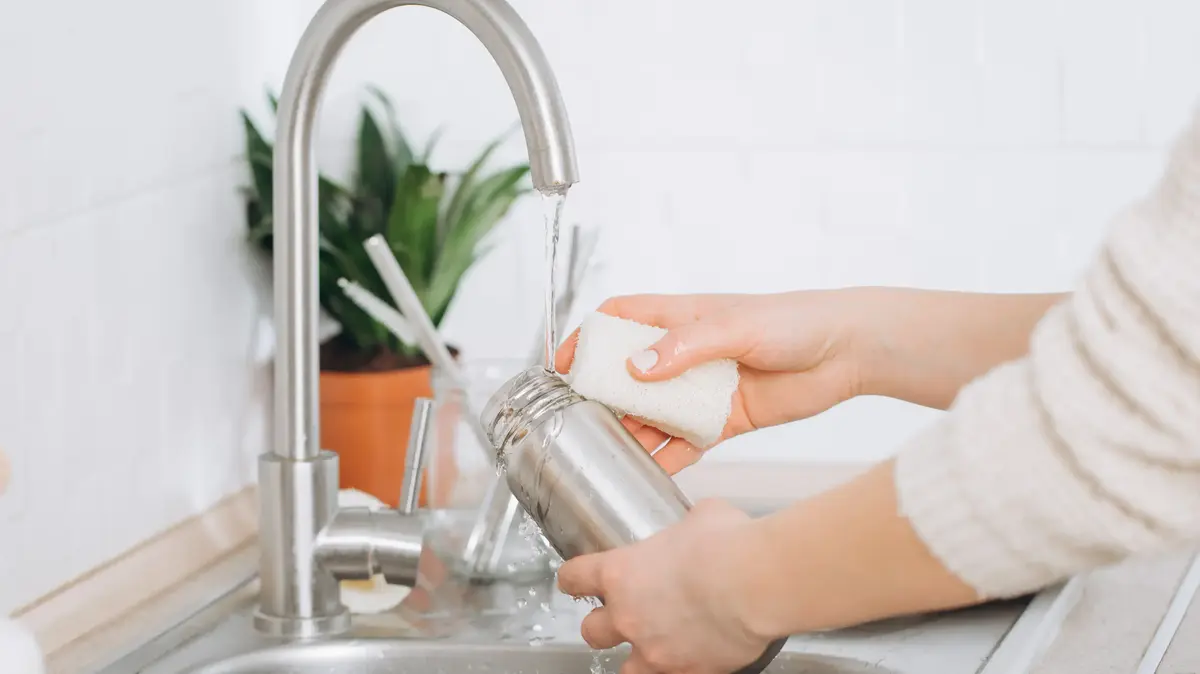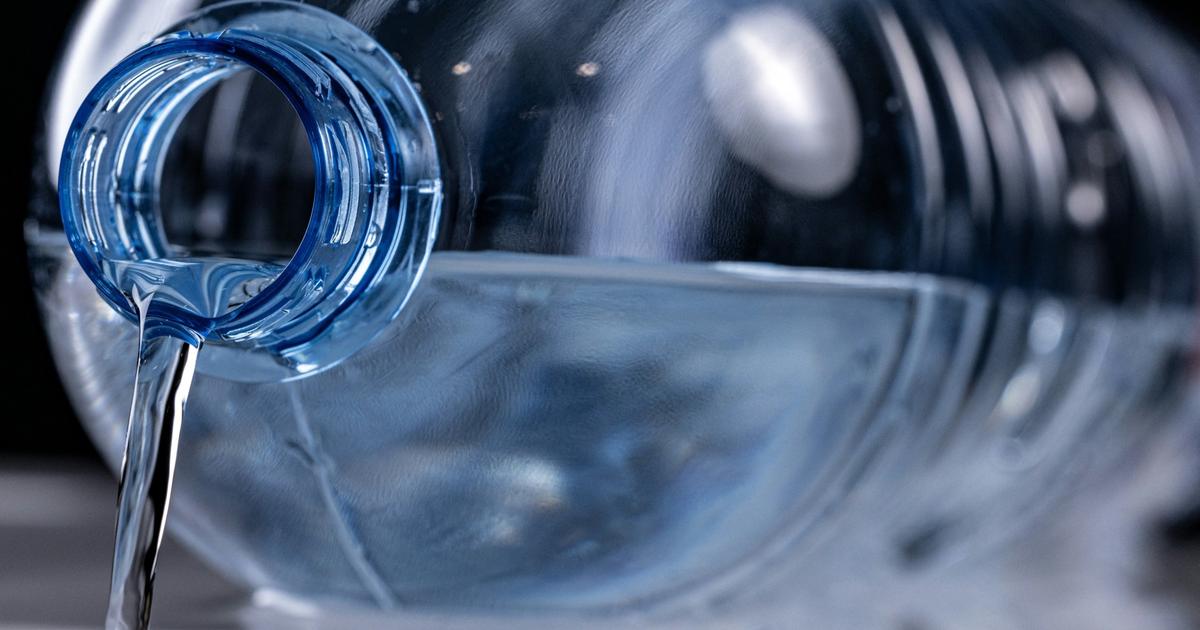This is why you are advised not to use reusable water bottles
Two researchers decided to check what is in your water bottles even after you have rinsed them thoroughly.
Their findings showed that there were dozens and hundreds of bacteria that you would not want to enter the body
Walla!
health
21/02/2022
Monday, 21 February 2022, 11:00 Updated: 11:03
Share on Facebook
Share on WhatsApp
Share on Twitter
Share on Email
Share on general
Comments
Comments
Leaving water in a reusable plastic bottle for just one day may allow hundreds of chemicals to seep into drinking water, according to a new study.
Although it is not clear whether these chemicals have an effect on human health, scientists recommend choosing glass or metal bottles instead.
The findings, published in the Journal of Hazardous Materials, come from a new study by two chemists from the University of Copenhagen, Denmark.
The two left regular tap water in new, used plastic sports bottles for 24 hours - both before and after rinsing in the dishwasher - and then looked for compounds that had passed from the plastic bottle into the water.
More on Walla!
The ingredient in your drinking water that can save lives
To the full article
They discovered over 400 different materials from the plastic of the bottle and over 3,500 substances derived from dishwasher soap.
Even the new reusable bottles washed with water had almost 500 different substances in the water, more than 100 of which came from the plastic itself.
More than 500 different substances in water, even in washed bottles.
A woman washes a reusable water bottle (Photo: ShutterStock, Halyna Tymochko)
"We care so much about low levels of pesticides in our drinking water. But when we pour water into a container to drink from, we add hundreds or thousands of substances to the water ourselves. Although it is not yet possible to say whether the reusable bottles affect our health, I will use In a high-quality glass or stainless steel bottle in the future, "said Jan Christensen, author of the study from the Department of Plant and Environmental Sciences at the University of Copenhagen, in a statement.
More on Walla!
Researchers warn: You have probably washed apples incorrectly to date
List of the cleanest vegetables and fruits, and the ones to watch out for
One-time?
Plastic is everywhere - and it is harmful to your body
What does our future look like in the age of autonomous vehicles?
Some of the substances found are considered to have potentially harmful effects on health, including carcinogens or substances that interfere with and disrupt the hormonal system.
Among the chemicals identified, they discovered traces of diethyltolamide (DEET), an insect repellent commonly used in mosquito spray, which the team believes may have been formed by the plastic material for urolactam.
However, very little is known about some of the other substances.
Many of the compounds are unknown substances that the researchers have not yet identified, and the toxicity of about 70 percent of the chemicals identified is unknown.
Their experiments showed that rinsing a bottle in the dishwasher leads to the penetration of more substances into the water.
Although you would assume that a dishwasher will help wash out some of these unwanted compounds, it seems that the heat and water cause the plastic to wear out, causing more chemicals to leak.
"What is released most after washing in the dishwasher is the soap from the surface. Most of the chemicals that come from the water bottle itself remain after rinsing in the dishwasher. And a post-doctoral researcher in the Department of Plant and Environmental Sciences.
health
news
Tags
Bottle
Bottles
germs
water
Plastic






